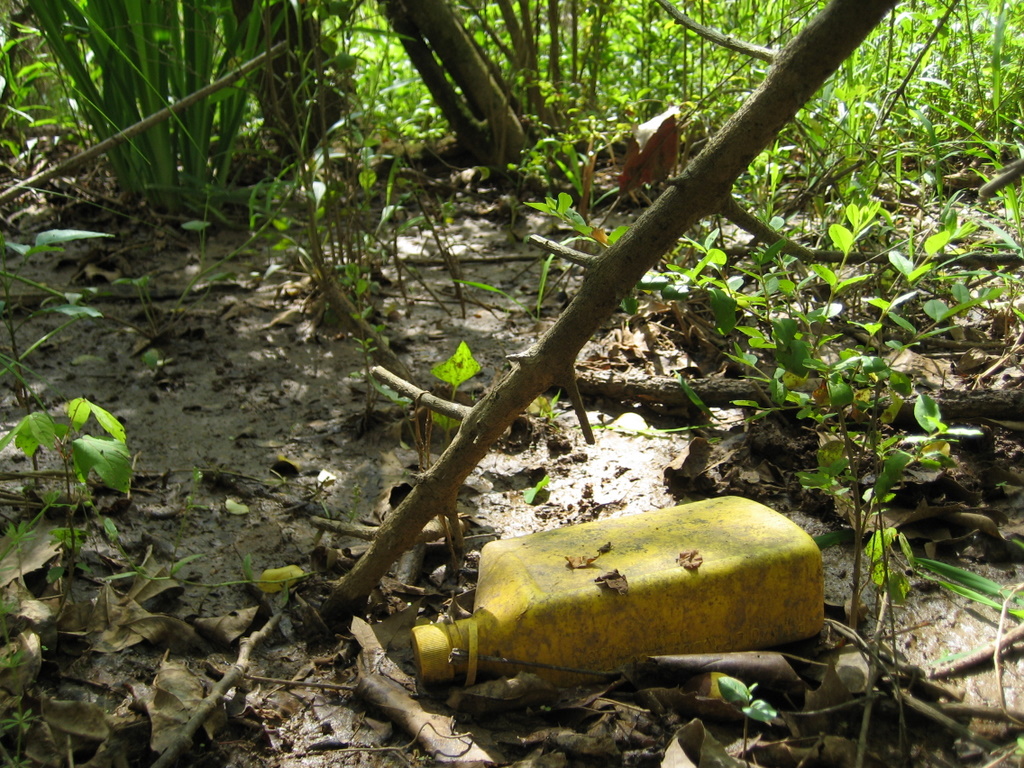October 2017 Vol. 2(1), pp. 001-007
Copyright © 2017 Transcontinental Publishers
Full Length Research Paper
Empirical Study of the Health Effects of Extreme Weather Conditions on Human and the Environment
Alao O.A1,3*, Ajayi I.R2, Babalola M.T1, Ajiboye Y1, Musiliyu K.A1, Ajayi A.A1 and Olagunju O.E1
1Department of Physical Sciences, Afe Babalola University, Ado Ekiti, Ekiti State, Nigeria.
2Department of Physics and Electronics, Adekunle Ajasin University, Akungba Akoko, Ondo State, Nigeria.
3Member, Environmental Research Group, Lagos, Nigeria.
*Corresponding Author E-mail: muiwaalao@gmail.com
Accepted 29 September, 2017
Abstract
The changing temperatures which may result in heat waves and cold spell extreme conditions resulting in diseased climatic conditions; shift plant and change in animal and human habitat had been the subject of this study. The extreme weather conditions associated with the solar radiations and the terrestrial radiation based on tropical diurnal cycle are evident in the gradients of temperature which include the atmospheric, ambient, and hemispheric temperature activities. Also, from this study, it has been observed that the recurring temperature, pressure and wind patterns are termed modes of climate variability and the atmosphere and ocean interact to create a form of temperature cycle. However, the increase in the temperature of atmosphere results in hot spots and contributes to variability in the surface properties of our diurnal latent heat flux while cold spell are highly variable with symptoms of pneumonia, influenza and hypothermia.
Keywords: Heat waves, Cold spells, Climate variability, Temperature, Climate change
Cite this Reference
Alao OA, Ajayi IR, Babalola MT, Ajiboye Y, Musiliyu KA, Ajayi AA, Olagunju OE (2017). Empirical Study of the Health Effects of Extreme Weather Conditions on Human and the Environment. Interlink Continental J. Environ. Sci. Toxicol. 1(1): 001-007.
References
Burroughs WJ (1996). “Changing weather in Sydney, Australia”: The Nature Company Guides / Time-Life Books.
Curwen M, Devis T (1988). “Winter mortality, temperature and influenza: has the relationship changed in recent years? Population Trends 54”: pp 17–20 .
Dematte JE, et al (1998). “Near-fatal heat stroke during the 1995 heatwave in Chicago. Annals of Internal Med. 129: 173–181.
Drinkwater B, Horvath S (1979). “Heat tolerance and ageing. Medicine and Science in Sports and Exercise 11: 49–55.
Heristchi D, Mouradian Z (2000). “ The global rotation of solar activity structure”. Astrophys. 497
Keatinge WR (1986). “ Increased platelet and red cell counts, blood viscosity, and plasma cholesterol levels during heat stress, and mortality from coronary and cerebral thrombosis”. Am. J. Med. 81: 795–800
Kilbourne EM (1989). “Heat waves. In: The public health consequences of disasters”.US Department of Health and Human Services, Centres for Disease Control. pp. 51–61.
Kilbourne EM (1992). “ Illness due to thermal extremes. In: Public health and preventative medicine. Last, J.M. & Norwalk, W.R.B. Connecticut, US, Appleton Lang. pp. 491–501.
Osczevski R, Bluestein M (2005). “The new wind chill equivalent temperature chart”, Bull. Amer. Meteor. Soc. 86:1453-1458
Patz J, et al (2000). “The potential health impacts of climate variability and change for the United States. Environmental Health Perspectives pp 367–376.
Schoen C (2005). “A new empirical model of the temperature-humidity index”, J. Appl. Meteor. 44:1413-1420
Watson FT, Fletcher L, Marshall S (2011). “ Evolution of sunspot properties during solar circle 23” Astron. Astrophys. p. 533
Whitman S (1997). “Mortality in Chicago attributed to the July 1995 heat wave”. Am. J. Public Health. 87(9): 1515–1518.
Woodhouse PR (1993). Seasonal variation of blood pressure and its relationship to ambient temperature in an elderly population. J. Hypertension. 11(11): 1267–1274 .
Woodhouse PR (1994). “Seasonal variations of plasma fibrinogen and factor VII activity in the elderly: winter infections and death from cardiovascular disease”. pp. 435–439.

